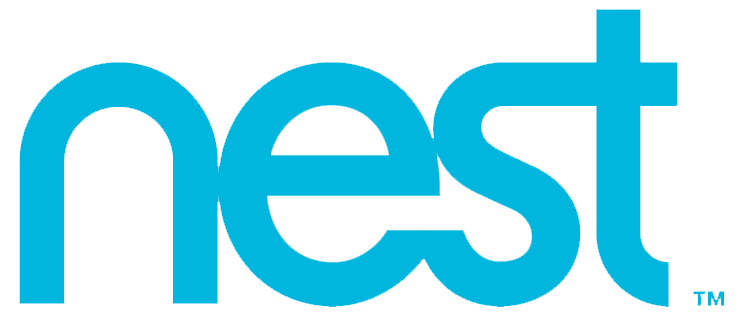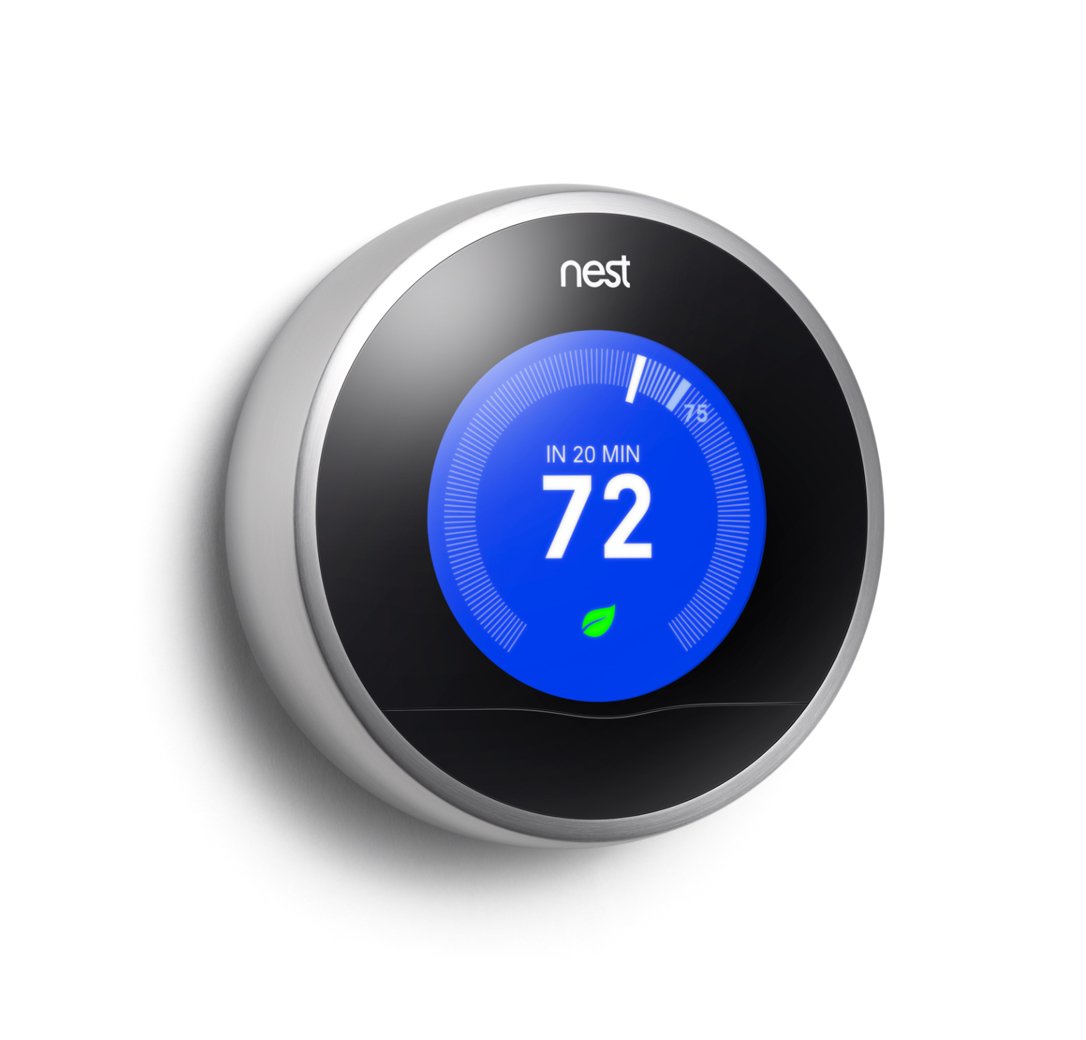Nest
Thermostat is a smart thermostat which learns your temperature-habits, and
based on that helps set the house’s temperature smarter, and is claimed by Nest
to save up to 20% on heating bills.
When Google
purchased Nest for $3.2 Billion, many Nest owners were worried by the sale. They
feared that now that Nest is owned by Google, Google will tap into their habits
and gather information about users.
Although
Google and Nest claimed not to share any information concerning users, reports
have gather that such actions might be planned in the future, causing users
outrage. Now, it seems there might be a solution to the issue.
A group of researchers
from UCF has developed a tool to prevent that data from being sent over to
Nest, and from there potentially to Google. They basically hacked the Nest
system, and then installed the said tool to prevent the data from being sent.
They plan to offer the tool for everyone, so whoever wishes to stay private may
do so.
Here's the team's official statement:
Here's the team's official statement:
“Using this vulnerability, we can patch the Nest from sending that data to Nest servers. There was no performance impact whatsoever on the unit we tested this on,” said Arias. In a white paper accompanying their presentation, they say the Internet of Things — with its connected devices tying users to companies that can monitor them — means consumers may need to “hack our own purchased devices in order to protect our own privacy and to add features manufacturers do not include.”
Data that
might be sent includes staying-at-home habits, house size, year house was built
and more. That might not be too intrusive, but it is nonetheless. Here’s the
official video introducing the hack:
Here is Nest's reasoning for not offering the ability to turn off data-sending:
“There’s a very small vocal minority who don’t want us to have that data. We give them a lot of value from that data.” He says that the company improves its algorithms – and saves customers money – by being able to analyze behaviors from many different homes. “With our smoke detectors, we found that there’s way more carbon monoxide in homes that anyone realized. We can take that info to regulators. The biggest carbon monoxide survey that ever happened before was hundreds of homes; we have thousands.”The new hack will be presented in August at the Black Hat security conference, and from there they’ll probably release it to the public.
 Hackers prevent Google collecting user data with Nest
Hackers prevent Google collecting user data with Nest 
0 comments:
Post a Comment